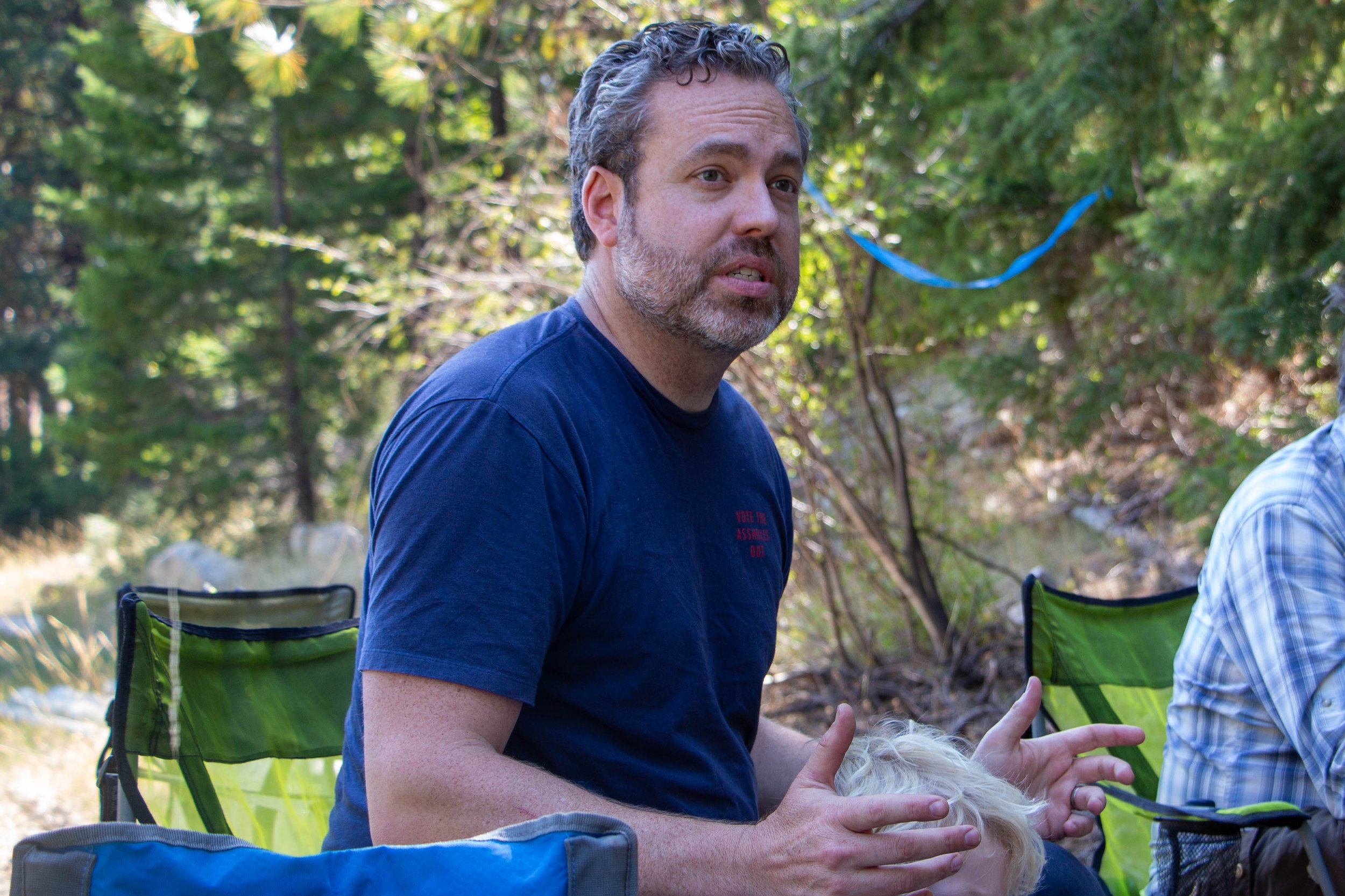Neil Kornze
CEO of the Campion Foundation and Campion Advocacy Fund, former Director of the Bureau of Land Management
Methow Valley, WA
8/29/21
A Nevada Native, Neil Kornze grew up with over 60% of his home state’s land managed by the Bureau of Land Management (BLM). By age 35, Neil was the director of that agency and oversaw that land in his home state and millions of other acres, altogether comprising 10% of the nation’s land area. Neil graduated from Whitman in 2000 and went on to study at the London School of Economics. In 2014, he was confirmed under the Obama administration as the director of the BLM. Neil was an innovative force within the BLM. During his three-year tenure, Neil worked to expand renewable energy generation on BLM lands and protect culturally and ecologically significant areas, all while making them more accessible to the public.
Today, Neil still works with the nation’s public lands in a different capacity as the CEO of the Campion Advocacy Fund (CAF). CAF was started by Tom Campion, co-founder of Zumiez, and his partner Sonya, with the main goals of protecting intact wilderness ecosystems in the U.S. and working to find solutions to homelessness across the nation. At the forefront of CAF’s priorities is permanently protecting the Arctic National Wildlife Refuge in Alaska. Neil recently led a host of White House officials to this remote region to experience its raw landscape and captivating wildlife.
Neil hopes for a future where government agencies can collaborate more and reduce conflict in land management. A possible starting strategy that he proposes is “being able to walk down the hall and have a conversation with the people making decisions…colocation [of agencies] is a simple but powerful thing.” What could result from such a collaborative structure are what Neil calls the National Trust Lands, “a combination of the forest service, the refuges, the BLM…and some set of the parks…I would like to see us erase those lines.”
By Ani Pham

